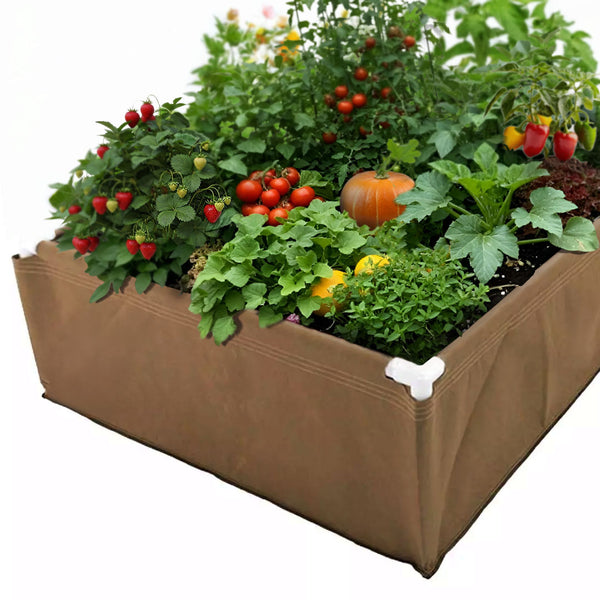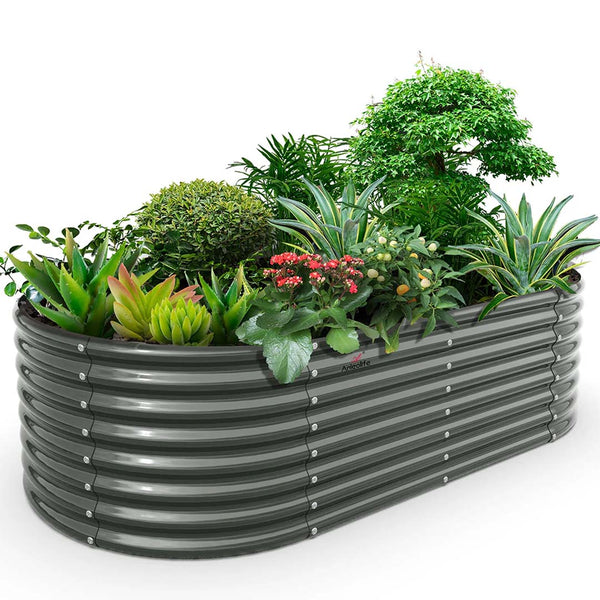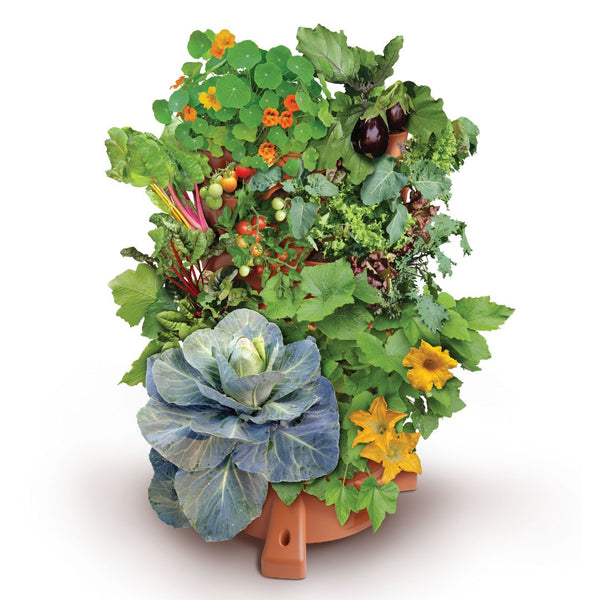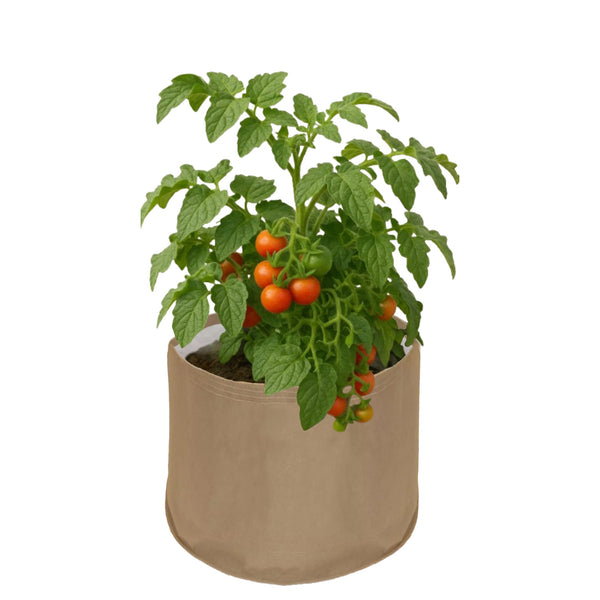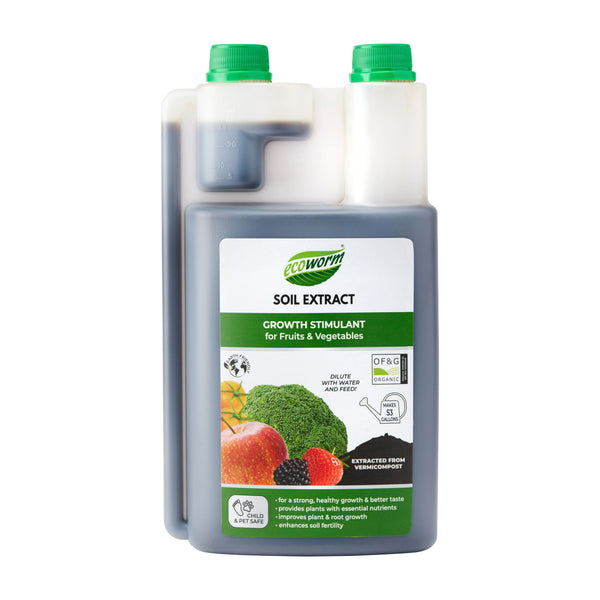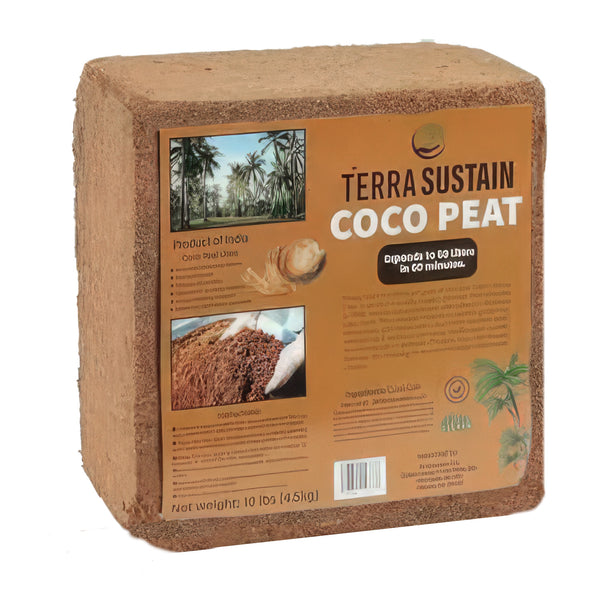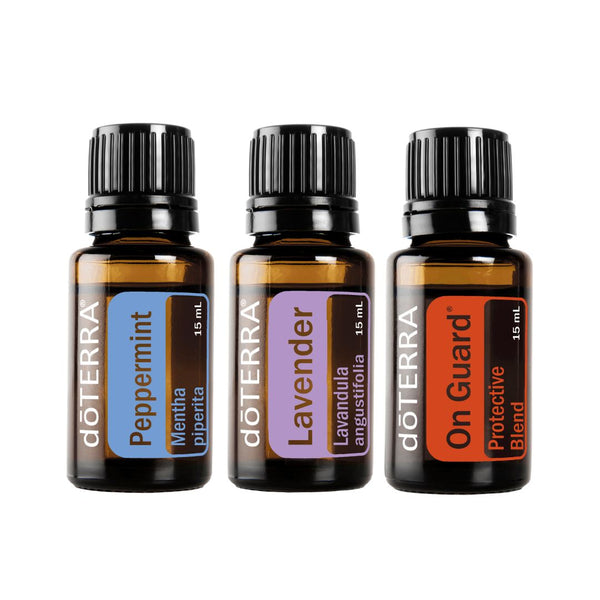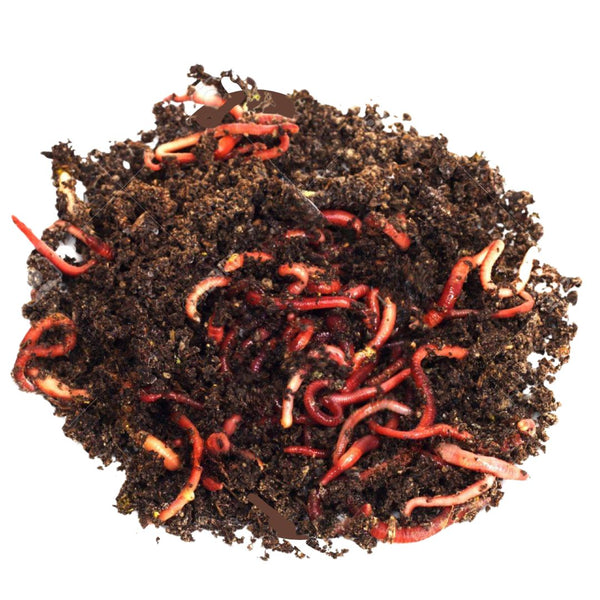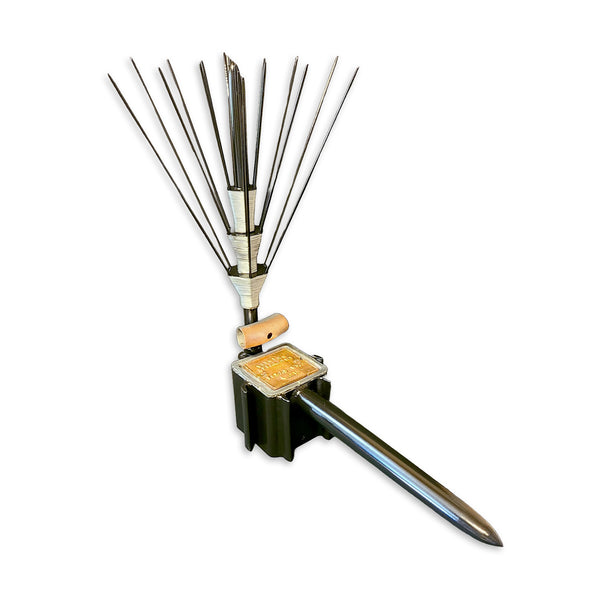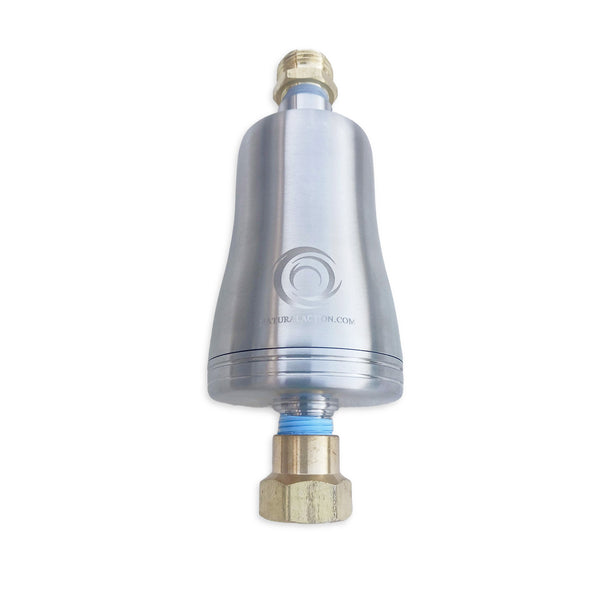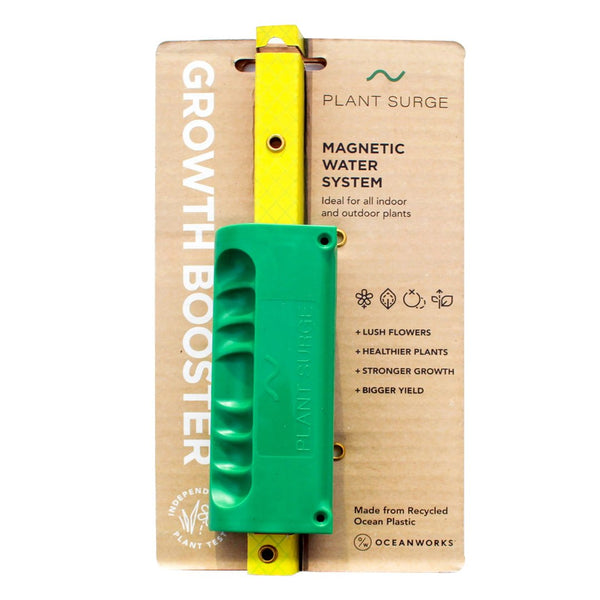The Backyard Transformation: Making Biochar From Garden Waste That Becomes Black Gold

Understanding Biochar Basics
What is Biochar?
Biochar is a nifty little soil booster, cooked up from organic stuff through a method called pyrolysis—basically, controlled burning. This slow roast happens with barely any oxygen, turning biomass into a kind of charcoal that's loaded with carbon. It does wonders for soil health and traps carbon dioxide right out of the air, tucking it away in the ground for centuries (RIT Sustainability Institute).
Biochar plays a star role in our organic gardening adventures. It's got a knack for jazzing up soil structure, holding onto water like a champ, and being a buddy to beneficial microbes. By mixing biochar into our garden game plan, we're moving towards sustainable farming and giving Mother Earth a helping hand.
Production Process of Biochar
Whipping up biochar involves a process called pyrolysis. You take organic materials like wood chips or farm leftovers and heat 'em up without much oxygen. This method locks carbon up nice and tight in a solid form, keeping it from escaping into the sky. Plus, it generates clean energy as a little bonus.
Here's the biochar cooking process in a nutshell:
| Step | Description |
|---|---|
| 1. Picking Materials | Choose organic scraps—wood, farm waste, or even bamboo—for pyrolysis. |
| 2. Pyrolysis | Heat those materials without oxygen to whip up biochar. |
| 3. Locking Carbon | The process secures carbon in solid biochar form. |
| 4. Energy Bonus | Capture energy from pyrolysis for a clean fuel boost. |
This method keeps toxins at bay, making sure biochar is safe for our gardens and tops at boosting soil (Yale Environment 360).
Adding biochar to our gardens can lead to flourishing plants and productive harvests while pitching in on soil healing and fighting climate change. If you're keen to get this good stuff into your garden, check out our tips on biochar for garden and see what we've got in biochar products.
The Benefits of Activated Biochar
Activated biochar is like that secret ingredient your garden's been waiting for. It's not just another soil addition; it's a pro-level sidekick for those of us trying to boost our gardens without ripping the environment a new one. Let's chat about what makes this stuff a must-have: its ability to lock in water and turbocharge plant growth.
Water Retention and Soil Health
One of biochar's best tricks is holding onto water like it's its job—and it kind of is. When we mix biochar into our soil, it's like giving the soil an upgrade. It's perfect for sandy or silt soils that usually can't hold a drink to save their lives. This means less watering for us and happier plants. In short, biochar is the garden's hydration hero (Rosy Soil).
Folks over at Michigan State University back this up, mentioning that biochar works differently across various soils. Still, it generally rocks when it comes to keeping things moist.
So, with biochar, we're not just watering our plants less but doing it smarter. Here's a quick rundown of how biochar helps different soil types:
| Soil Type | What Biochar Does |
|---|---|
| Sandy Soil | Holds onto water better |
| Silt Soil | Better nutrient and moisture grip |
| Clay Soil | Can boost drainage if used right |
Enhancing Plant Growth Potential
As for plant growth, biochar is like that buddy who digs in and makes everything better. It amps up soil structure and air flow, giving roots room to stretch and find all those questing nutrients. This translates to stronger, healthier plants.

Research shows that activated biochar doesn’t just fluff up the soil but also keeps plant diseases at bay. Plants like tomatoes, peppers, and strawberries get major perks from this (Rosy Soil). Basically, if there's an edge to give our plants, biochar's got us covered:
- Nutrient Retention: It's like the Velcro of the garden world—grabs onto nutrients and keeps them from washing away.
- Improved Microbial Life: Biochar's porous platform naturally hosts beneficial soil buddies, building a thriving garden community.
By bringing activated biochar into our dirt mix, we're not just going for quick wins but setting up long-term success. Want more secrets on leveling up with biochar? Check out our other reads on biochar for garden, biochar for soil, and biochar in compost.
When we roll with activated biochar, we're not only boosting our garden game but also sticking to our planet-friendly vibes. Let's get our hands dirty and see those gardens flourish!








